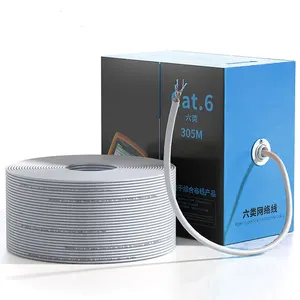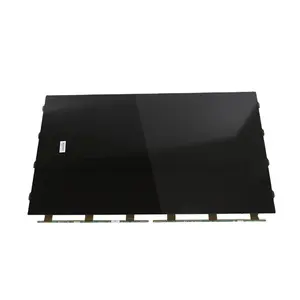Popular in your industry

























































































































































































Top categories
About 24v diode
Understanding the 24V Diode
Within the realm of electronic components, the 24v diode stands as a crucial element for managing current flow in circuits. A diode's core function is to allow current to pass in one direction while blocking it in the opposite, acting as an electronic check valve. The 24v diode is specifically designed to work with circuits operating at 24 volts, a common voltage in many industrial and commercial applications.
Types and Applications
The versatility of diodes is reflected in their various types, each tailored for specific functions. For instance, the flyback diode is used to protect circuits from voltage spikes, while the alternator diode is essential in automotive charging systems. The 24v diode is often employed in power supply units and electronic devices that require a stable 24-volt operation, ensuring reliability and consistency in performance.
Features and Materials
Diodes are predominantly made from semiconductor materials such as silicon or germanium. Through a process known as doping, these materials are engineered to control their electrical conductivity. The 24v diode benefits from this technology, offering precise control over current flow in various electronic applications. Its construction ensures that it can effectively manage the demands of a 24-volt system, providing a balance between conductivity and resistance.
Advantages of Using Specific Diodes
Each diode type brings its own set of advantages to electronic circuits. For example, the Schottky diode is known for its low forward voltage drop, enhancing efficiency in power conversion. The Zener diode excels in voltage regulation, safeguarding components against potential damage due to voltage fluctuations. Utilizing a 24v diode in appropriate applications ensures optimal performance, as it is designed to handle the specific requirements of 24-volt electrical systems.
Selecting the Right Diode
Choosing the correct diode is paramount for the success of any electronic project. Factors such as voltage rating, current capacity, and switching speed are critical considerations. A bridge rectifier diode might be ideal for converting alternating current (AC) to direct current (DC), while an organic light-emitting diode (OLED) is best suited for high-quality display technologies. For 24-volt systems, the 24v diode is specifically designed to meet the system's needs without compromising on efficiency or safety.
Conclusion
In conclusion, the 24v diode is an essential component in a wide range of electronic applications. Its ability to control current in 24-volt systems makes it invaluable for industrial, commercial, and sophisticated electronic devices. When selecting a diode, it is crucial to consider the specific needs of your circuit to ensure optimal performance and longevity.














































